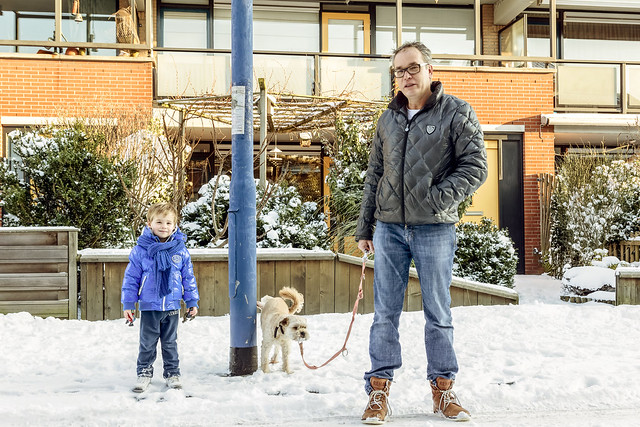In her new book, Elderhood, Dr. Louise Aronson, writes about the third phase of life. She sees it as markedly different from childhood and adulthood. And, she believes our ageist society is failing to recognize the differences and do right by people who are 6o and older.
Judith Graham conducts an interview with Dr. Aronson for Kaiser News. Here are some of the biggest takeaways:
Ageism is pervasive even among doctors. Many doctors are not trained to treat older adults. Aronson shares this anecdote: After examining a 97-year old patient complaining about pain in his left knee, the doctor says “Hey, the knee is 97 years old. What do you expect?” And the patient says, “But my right knee is 97 and it doesn’t hurt a bit.”
We all age in different ways and rates. Some people diagnosed with dread diseases are treated and bounce back stronger and more vital than ever. Others do not.
Typically, joints begin to hurt for older adults in their 60s and 70s. Skin thins. And hearing and vision deteriorate. They may lose muscle. And, their brain may not work as quickly as it once did.
By your 80s, your body often stiffens and you may struggle to sleep or remember things.
In short, in elderhood, you may not react in the same way to treatments as you did in adulthood. Though a lot of doctors are not aware of the evidence.
How can you promote healthy aging? One answer is exercise. It delivers multiple benefits, making people stronger and less frail. Having purpose is also very important.
Here’s more from Just Care:










